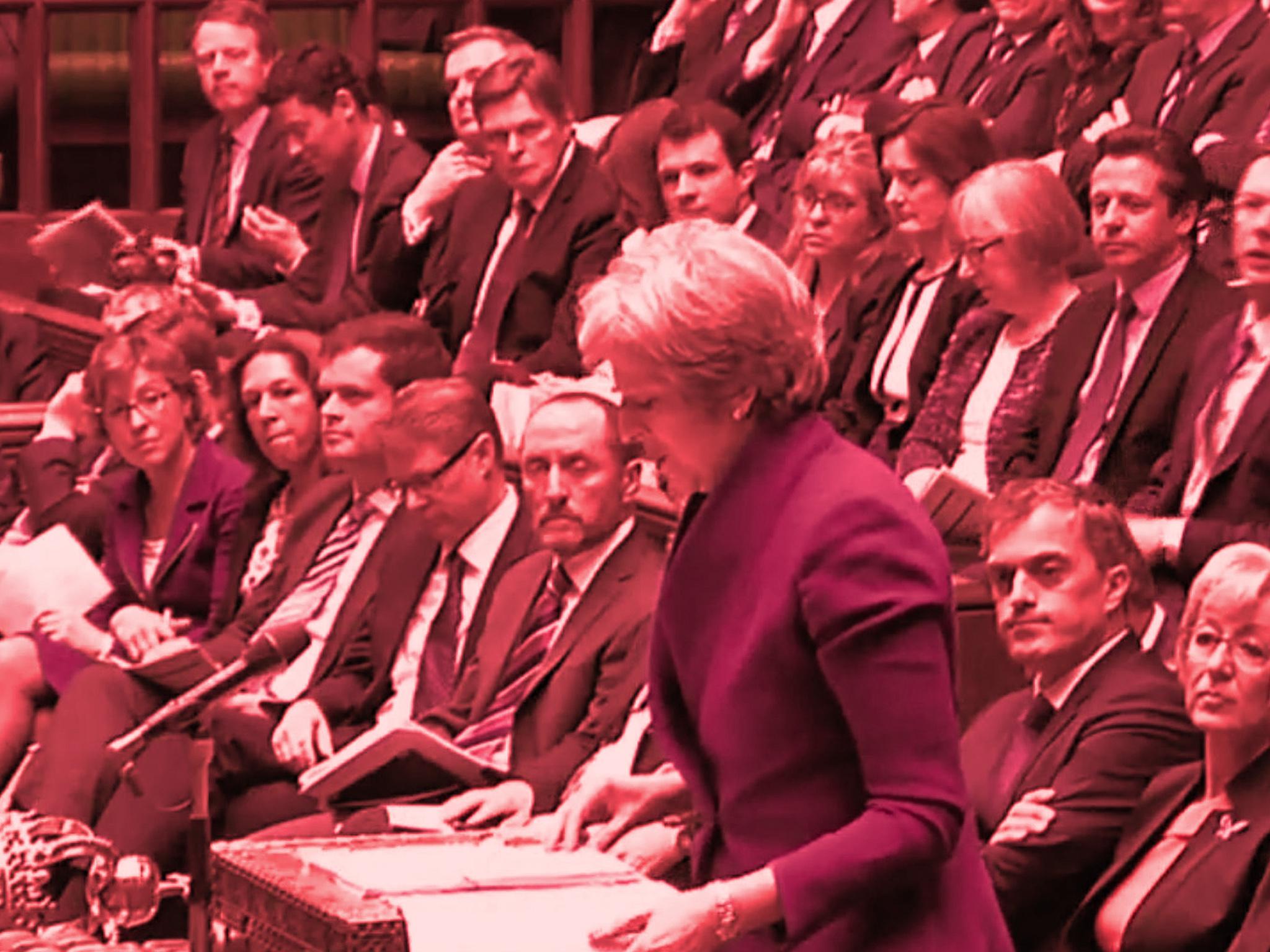EU withdrawal bill: What is the 'meaningful vote' and what kind of compromise has been won?

Theresa May has seen off a potentially catastrophic Commons defeat to her flagship Brexit bill after pro-EU rebels were persuaded to drop their opposition moments before a critical vote.
Ministers had launched an intense whipping exercise earlier in the week to win over Tory rebels, as well as the small band of outspoken Labour Brexiteers.
The row has been played out through amendments to the EU (Withdrawal) Bill - the government's key piece of Brexit legislation - which seeks to end the supremacy of EU law and transfer everything onto the domestic statute books in time for exit day.
The bill has now entered the "ping-pong" phase, where it bounces between the Commons and the Lords until politicians are happy with it.
What did the rebels want?
Pro-EU rebels have been fighting for parliament to have a "meaningful vote" on what happens if the prime minister fails to secure a final Brexit deal - if she walks away, if no deal has been struck with the EU or if MPs vote it down.
A faction led by Dominic Grieve, the former attorney general, wanted parliament to have a say on what happens next, but Brexiteers reacted with fury to the plan, as it could undermine Ms May's negotiating hand with Brussels by effectively ruling out the possibility of a no-deal Brexit.
The latest amendment would allow the Commons to vote on a minister’s statement setting out the government’s next steps if there was no deal.
If no deal was reached by 21 January 2019, then a minister would be required to make a statement setting out the government’s plans to proceed.
What did David Davis offer to MPs?
The Brexit secretary put forward a last-minute olive branch to rebels ahead of the vote on Wednesday.
In dramatic scenes, MPs were informed just before the key vote that an official ministerial statement will be issued on Thursday, making clear that it was up to John Bercow, the speaker, to decide whether they get a "meaningful vote".
The government had previously said it would table a neutral motion that MPs could not amend, setting out their course of action.
It has now conceded that Mr Bercow has to determine whether MPs can vote on the motion - rather than ministers.
Did it work?
Yes. MPs voted by 319 to 303 to reject the amendment.
Mr Grieve voted against his own amendment, as did other rebels, including former cabinet minister Nicky Morgan and Tory MP Jonathan Djanogly.
Six Tory MPs did defy the government, including Anna Soubry, Antoinette Sandbach and Tory grandee Ken Clarke.
What have they settled for?
Mr Davis' statement will state explicitly that the parliamentary rule-book gives the speaker the power to determine whether a motion is amendable or not.
It also notes the parliamentary convention that time is made available to debate motions tabled by MPs on "matters of concern".
Mr Grieve said the statement amounted to an "obvious acknowledgement of the sovereignty of this place over the executive in black and white language".
However it dismissed as a fudge by Scottish National Party leader Nicola Sturgeon and described as a "pointless result" by Labour.
Join our commenting forum
Join thought-provoking conversations, follow other Independent readers and see their replies
Comments
Bookmark popover
Removed from bookmarks